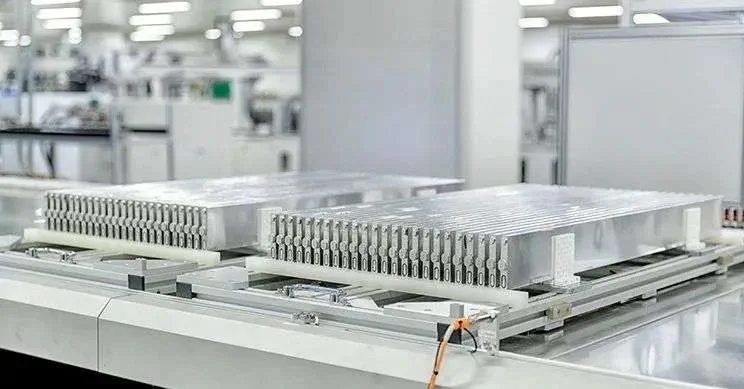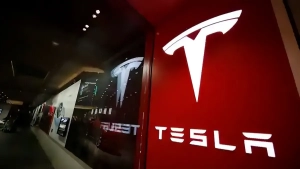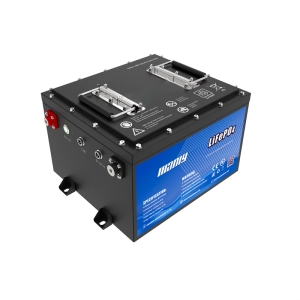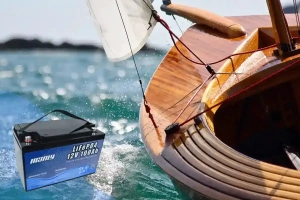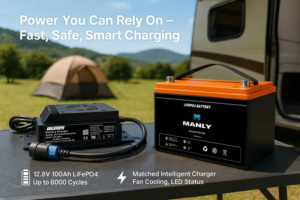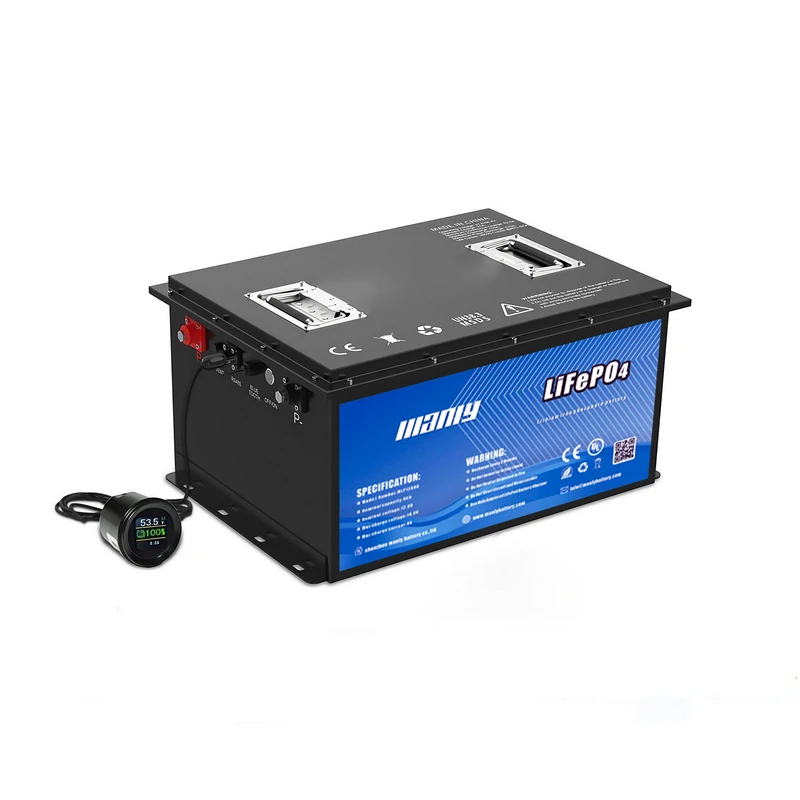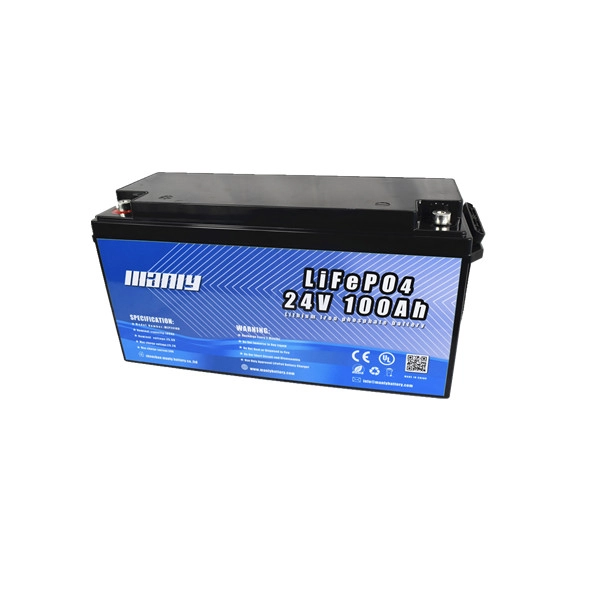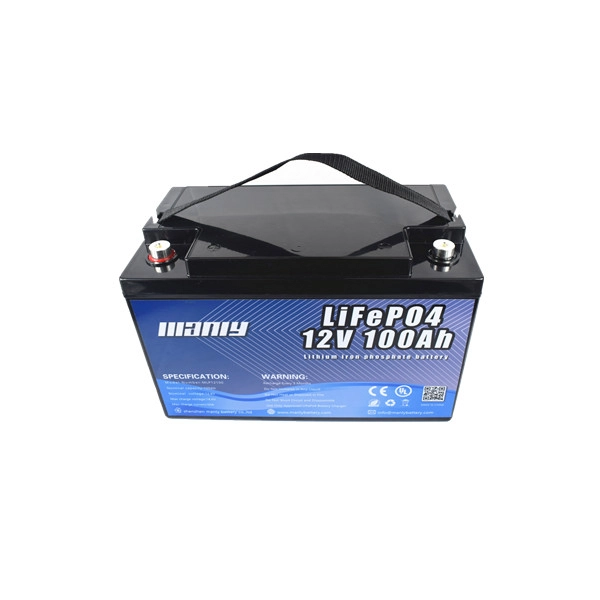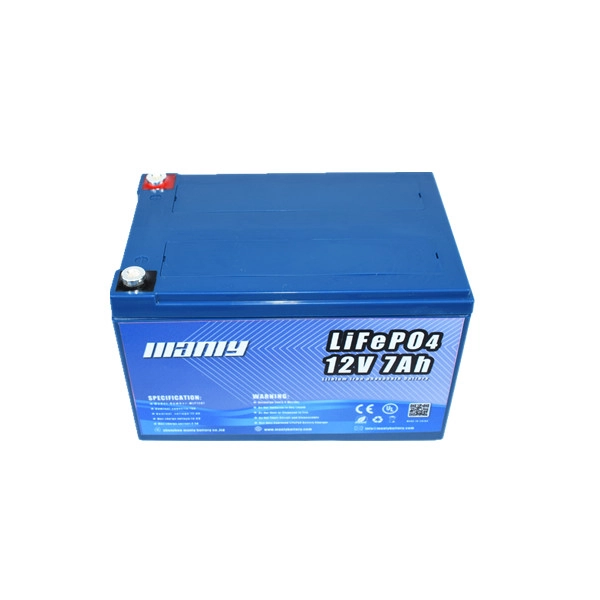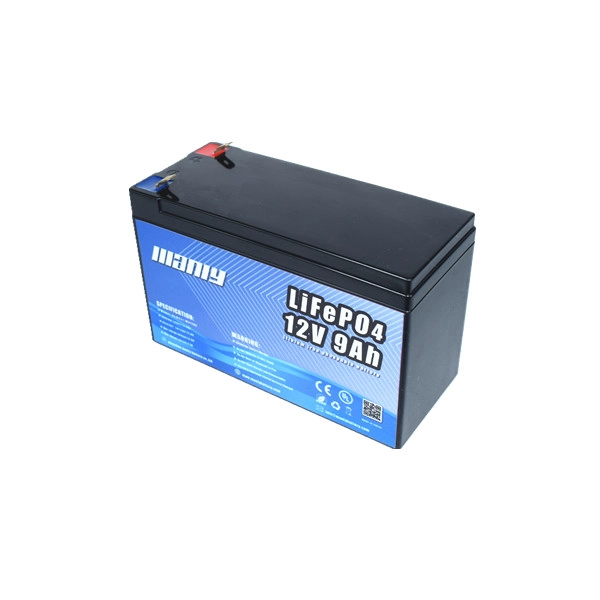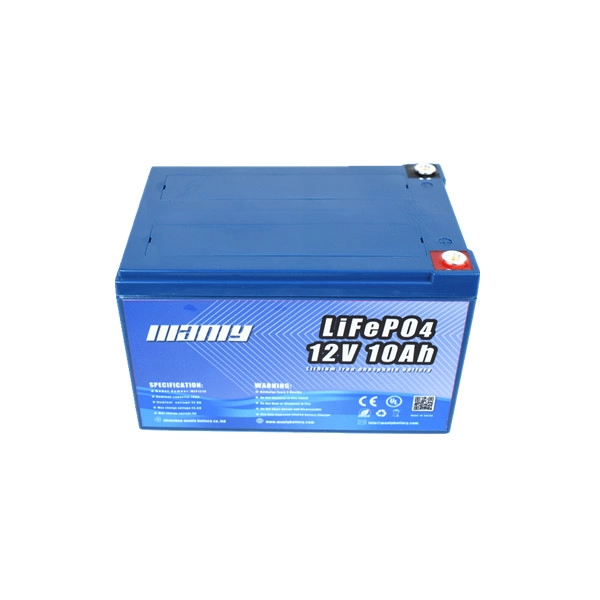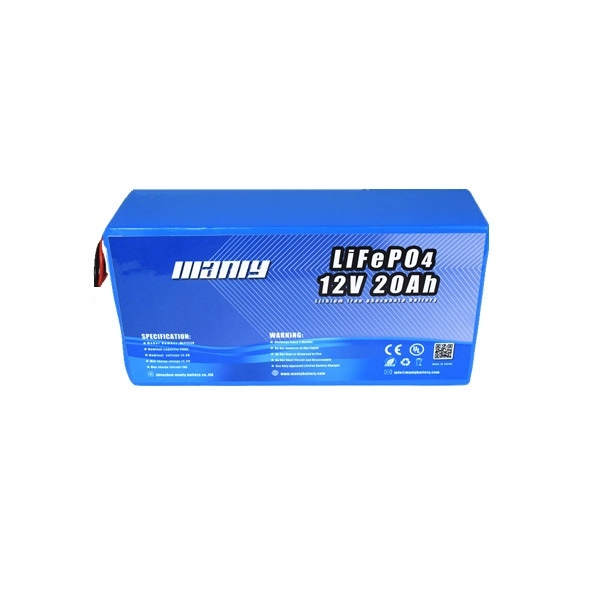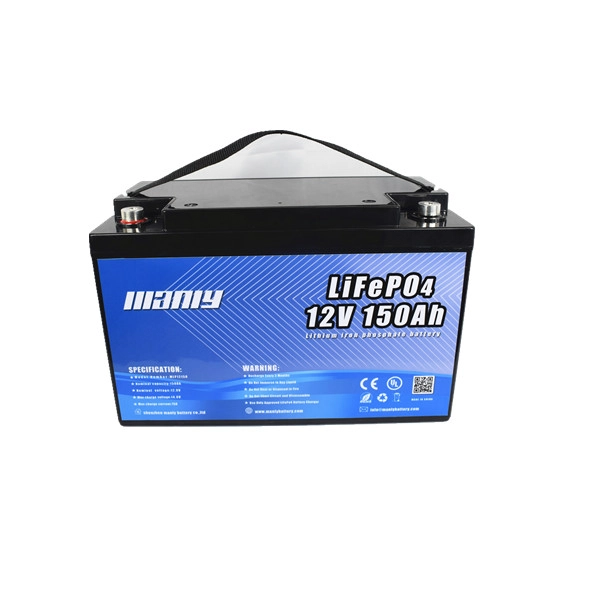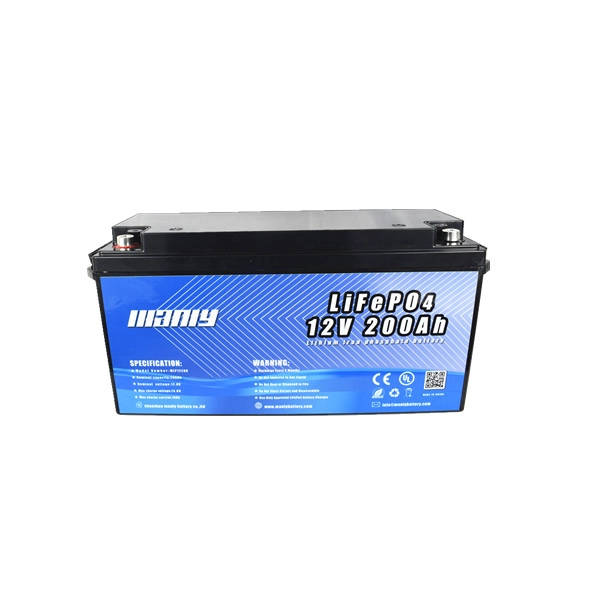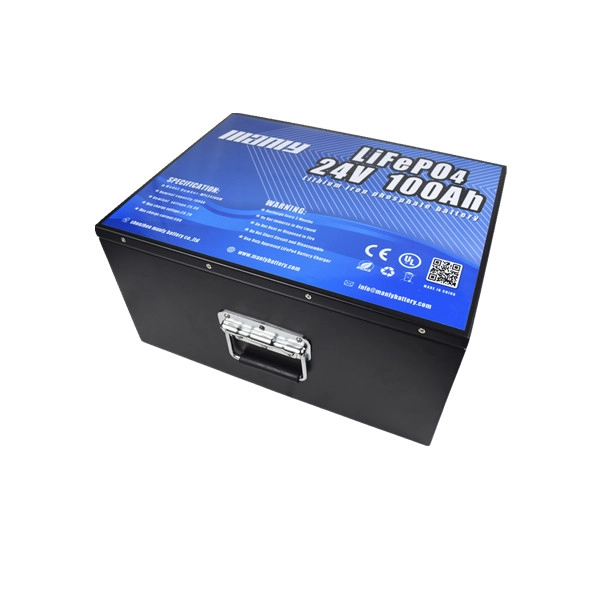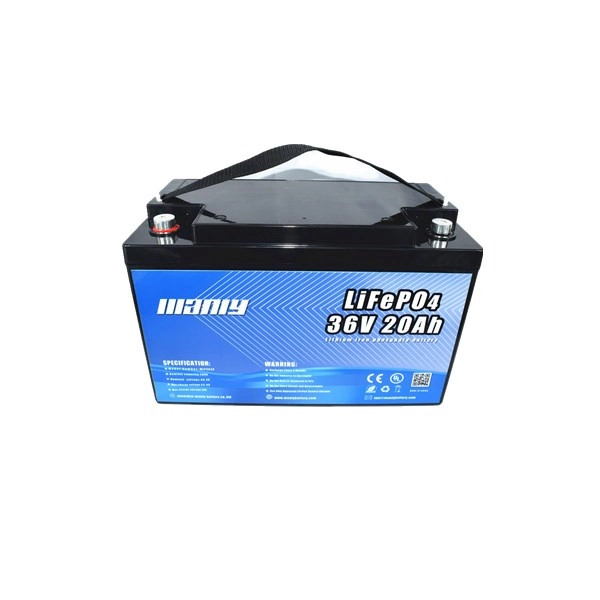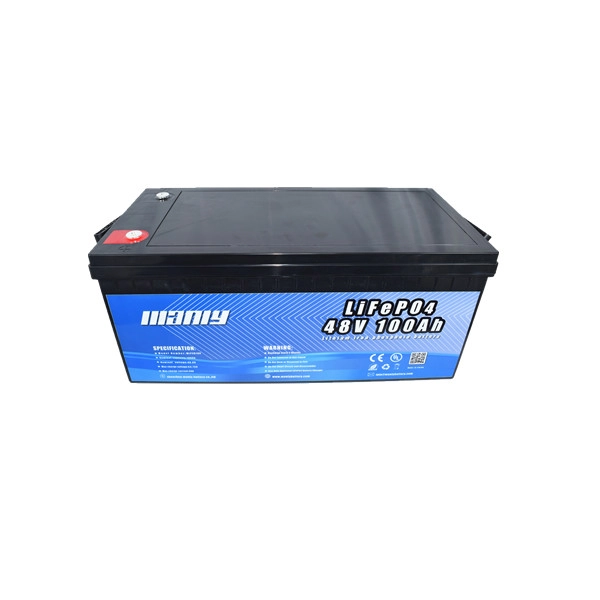2023 Guide: Best Deep Cycle Battery for Solar & RVs
Table of Contents
- 2023 Guide: Best Deep Cycle Battery for Solar & RVs
- 1. What Are Deep-Cycle Batteries and How Are They Used in RVs/Solar?
- 2. Key Factors to Consider When Selecting a Deep Cycle Battery
- 3. Top Deep Cycle Batteries for RVs and Solar
- 4. Lithium Deep Cycle Batteries - The Future of Energy Storage?
- 5. Maintaining and Charging Your Deep Cycle Batteries for Maximum Life
- 6. MANLY Battery Excellence
- 7.Conclusion
1. What Are Deep-Cycle Batteries and How Are They Used in RVs/Solar?
Deep-cycle batteries can power electrical equipment for a long time since they are designed for continuous operation. Deep-cycle batteries, as opposed to regular car starting batteries, are designed to resist repeated discharge and recharge cycles. As a result, they are a solid option for uses like RVs and solar power systems, where a reliable and continuous power supply is crucial. Deep-cycle batteries make sure your demands are met with a dependable and long-lasting power source whether you're traveling or using solar power..1.1 What to consider when choosing deep-cycle batteries
There are a few considerations you need to make when purchasing deep-cycle batteries for your solar system or recreational vehicle, including the following:1.2 Number of batteries
For RVs and solar, use at least two batteries connected in parallel to double the capacity. Four to six batteries are common for off-grid solar. Wire them correctly based on voltage.1.3 Brand and warranty
Choose a reputable brand and look for at least a 3-5 year full replacement warranty. Some offer up to 10 years.1.4 Cost
Expect to pay $100-500 or more per battery depending on the type and capacity. Buy the highest quality you can afford for the best performance and lifespan.You will have an ample supply of power for your recreational vehicle or solar system if you choose the appropriate deep-cycle batteries and ensure that they are placed correctly. Spend some time thinking about what would meet your requirements while staying within your price range. Make an informed decision, since the batteries in your system are the most important component.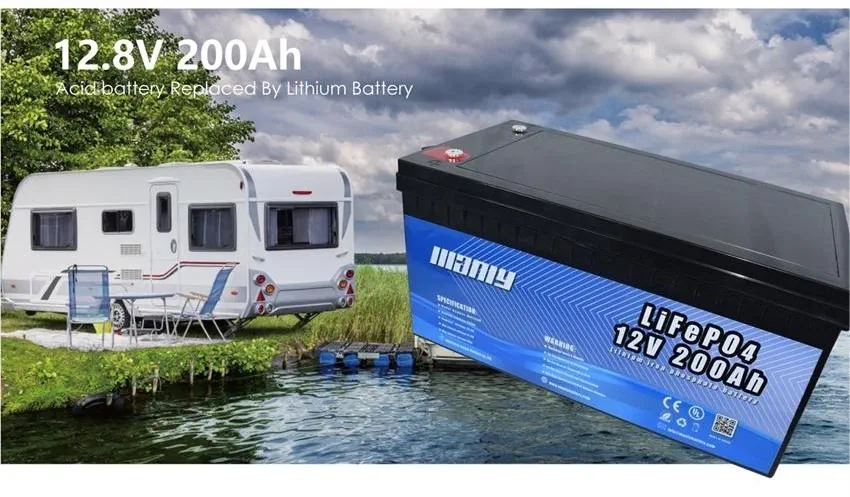
2. Key Factors to Consider When Selecting a Deep Cycle Battery
For optimum performance and dependability, take into account important parameters including capacity, voltage, size, and maintenance needs when choosing a deep cycle battery for your solar or RV system.2.1 Battery type
Lead-acid batteries, including AGM (Absorbent Glass Mat) and gel cell batteries, and lithium-ion batteries are the two most popular choices for deep-cycle batteries for solar and RV installations. While lithium-ion batteries have better lifetime, lead-acid batteries are often more affordable. However, AGM batteries often end up being the favored option for many consumers looking for a balanced solution that combines price and performance. These batteries are a desirable choice for a variety of solar and RV applications because they successfully balance affordability and toughness.2.2 Capacity
A battery's capacity, which is commonly expressed in amp-hours (Ah), represents the amount of energy it can hold. A battery with a larger capacity has a bigger energy reserve and can generate electricity for longer before needing to be recharged. Targeting a capacity range of 200-400 Ah is often a wise decision, guaranteeing a dependable and consistent energy supply, to efficiently power vital circuits in an RV or cabin.2.3 Voltage
A battery's capacity to supply electricity instantly depends on its voltage. Common systems in the world of RVs and solar arrangements run at either 12V or 24V. While 24V installations may support more powerful devices, they need specific parts. A 12-volt lithium battery is often advised as a simple and useful starting point since it strikes a balance between adaptability and usability in most applications.2.4 Lifespan
Over time, deep-cycle batteries naturally lose some of their capacity to hold a charge. AGM and gel cell batteries typically have a life expectancy of three to five years, although lithium-ion batteries may last up to eight years. It's important to take into account your unique lifespan needs when choosing a battery, as well as how long you anticipate the battery will last before needing to be replaced. By taking this into account, you can be confident that your power source will last as long as your solar or RV system is supposed to.2.5 Temperature rating
Batteries are most efficient when operating within moderate temperature ranges. It's essential to consult the battery's specifications to ensure it can withstand the temperature extremes prevalent in the area where it will be deployed. Extreme heat or cold can dramatically diminish a battery's lifespan and performance, so careful consideration of environmental conditions is crucial for optimizing its longevity and efficiency.By considering these factors and your specific needs, you can choose a deep-cycle battery that will provide safe, reliable, and long-lasting power for your solar or RV system. With the right care and maintenance, a quality deep-cycle battery can keep you powered for years to come.
3. Top Deep Cycle Batteries for RVs and Solar
When selecting deep-cycle batteries for your RV or solar power system, you're presented with several excellent options to explore. Each option offers unique advantages and considerations, catering to a variety of needs and preferences.3.1 Flooded Lead-Acid Batteries
Flooded lead-acid batteries, often referred to as wet cell batteries, are a common and budget-friendly option. These batteries contain liquid electrolytes and necessitate periodic topping off with distilled water. Despite their affordability and widespread availability, they come with the need for ventilation and regular maintenance. Additionally, flooded lead-acid batteries tend to have shorter lifespans compared to other battery types, which is an important consideration when choosing the right battery for your solar or RV system.3.2 Gel Cell Batteries
Gel cell batteries are designed with a silica additive that transforms the electrolyte into a gel-like substance. This feature makes them maintenance-free and spill-proof, enhancing user convenience. However, it's essential to note that gel cell batteries generally have a shorter cycle life and lower power density compared to other lead-acid battery types. Additionally, their convenience often comes at a slightly higher cost. When selecting a battery for your solar or RV system, these trade-offs should be considered to ensure they align with your specific requirements and budget.3.3 AGM Batteries
Absorbent Glass Mat (AGM) batteries, like gel cell batteries, feature a captive electrolyte but use a fiberglass mesh to absorb it, instead of silica gel. AGM batteries are sealed, which makes them maintenance-free and spill-proof. They excel in their ability to handle numerous charge cycles, making them a reliable choice for various applications. Another advantage is that they can be positioned in any orientation, offering flexibility in installation.However, it's worth noting that AGM batteries are typically the most expensive among lead-acid battery options. When selecting a battery for your solar or RV system, consider your budget and the specific benefits AGM batteries offer, such as their durability and versatility, to determine if they are the right choice for your needs.3.4 Lithium-Ion Batteries
Lithium-ion or Li-ion batteries are the new kids on the block. They’re lightweight, have high energy densities, handle more charge cycles, and have better performance in cold weather. However, Li-ion batteries also tend to cost significantly more than lead-acid types, at least upfront. They can be a good choice if you need maximum performance and don’t mind paying a premium.In the end, you need to weigh the pros and cons of each battery type for your specific needs and budget. Any of these options can work well for RV and solar applications, so take your time and choose what combination of performance, cost, and maintenance works for you. The right deep-cycle batteries can make a big difference in how much you enjoy your RVing adventures off-grid!